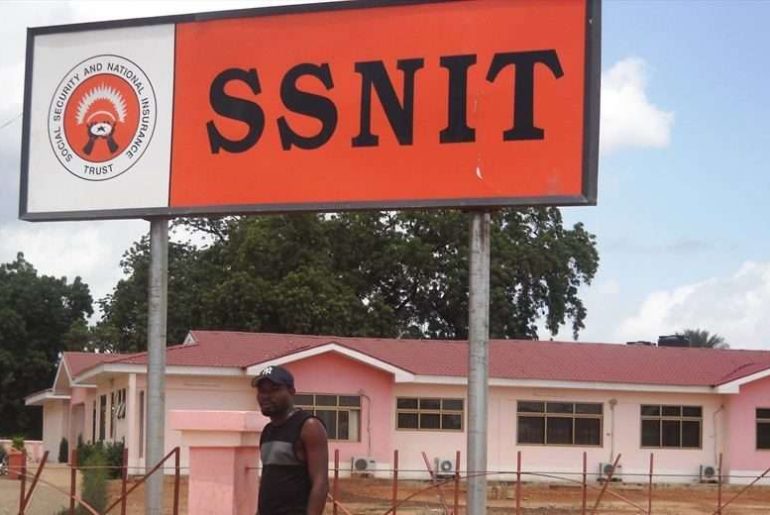SSNIT’s move to sell its hotels is drawing a lot of attention and concern from various quarters. According to Naa Ayeley Ardayfio Sekyere, a senior officer in charge of Public Relations at the Trades Union Congress (TUC), the sale of SSNIT hotels should be of interest to every Ghanaian as it affects everyone.
During an appearance on TV3’s Key Points show, she emphasized the need for transparency and accountability in the process, stating, “There is no way organized labour will let anything slip through when it’s not in the interest of workers.”
Member of Parliament for North Tongu, Samuel Okudzeto Ablakwa, has petitioned the Commission on Human Rights and Administrative Justice (CHRAJ) to investigate the sale of six hotels, including Labadi Beach Hotel, La Palm Royal Beach Resort, and Elmina Beach Resort, among others. Ablakwa’s petition raises concerns about conflict of interest, abuse of power, lack of due process, procurement breaches, cronyism, and graft.
In response, SSNIT has clarified that their objective in seeking a strategic investor is to increase efficiency, profitability, shareholder value, and the long-term sustainability of the SSNIT Pension Scheme. They have assured that the selection of a strategic investor followed the International Competitive Tendering processes as prescribed by the Public Procurement Act.
The process of finding a strategic investor for the hotels involved the engagement of a Transaction Advisor, publication of advertisements in local and international media, and the shortlisting of potential bidders. SSNIT emphasized the importance of following due process in the selection of a strategic investor to ensure transparency and accountability.
As the debate around the sale of SSNIT’s hotels continues, it is essential for all stakeholders to prioritize the interests of workers and the long-term sustainability of the SSNIT Pension Scheme. Transparency, accountability, and adherence to due process should guide the decision-making process to ensure a fair and beneficial outcome for all parties involved.

